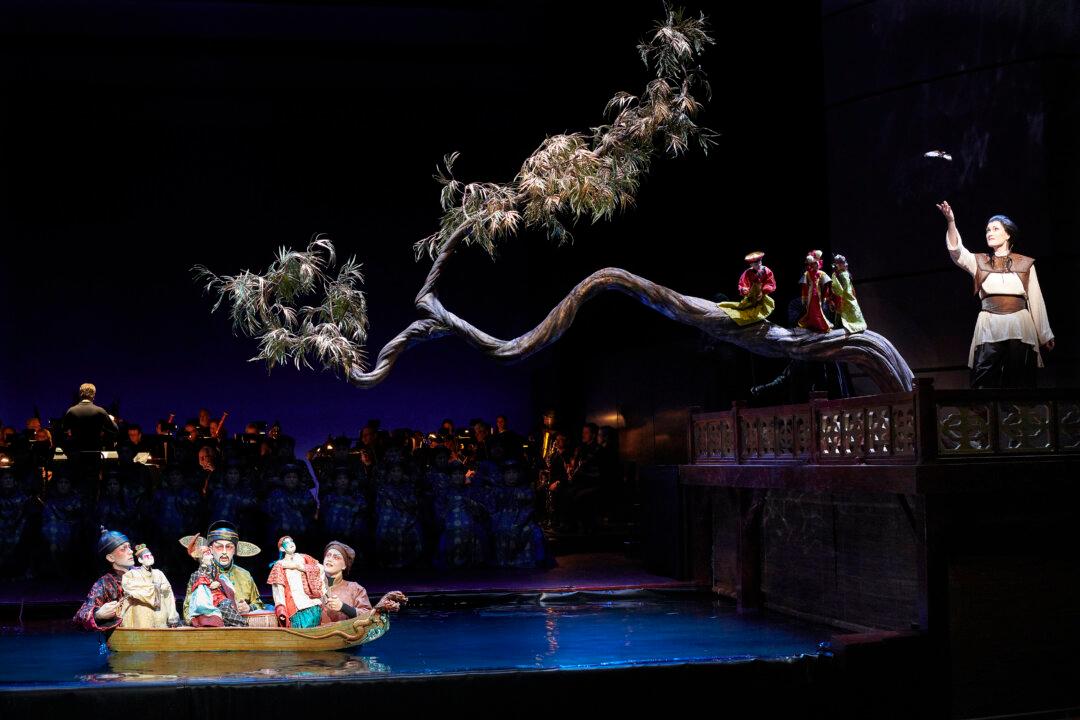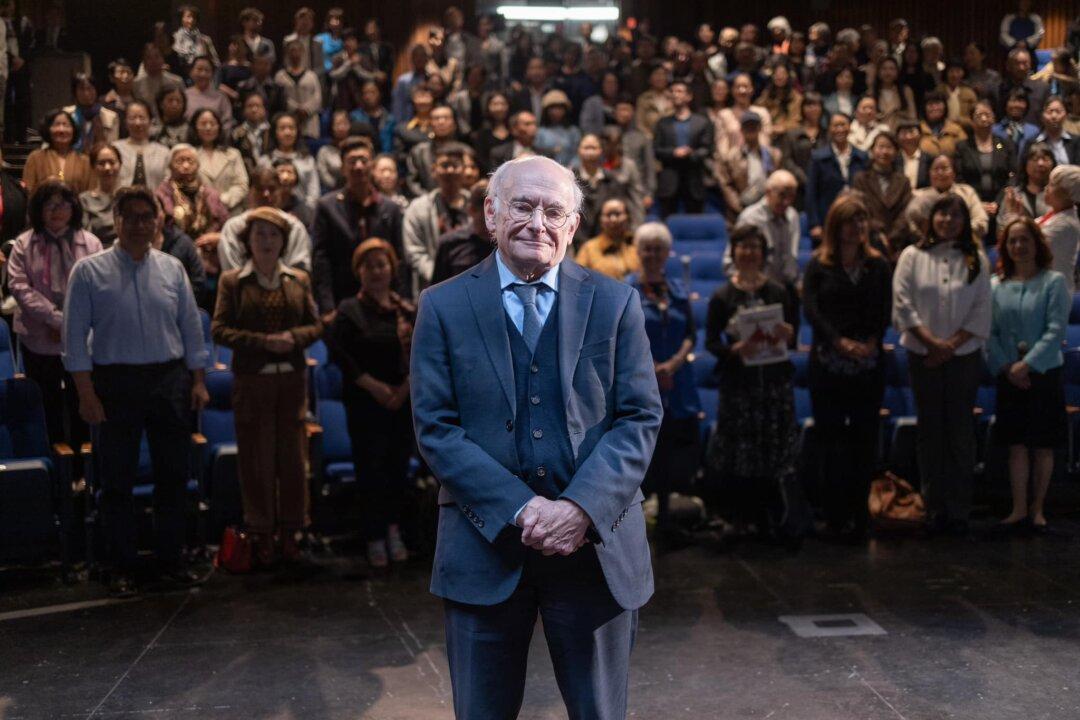What does it mean to appreciate the little things? It seems we often focus so much on the tangible reality that we forget the intangible, the meaning behind our actions, and the inner power within ourselves and our environment.
In Stravinsky’s short opera “The Nightingale,” the Fisherman opens the story by singing about the divine manifestation in nature. He has come to fish, but is now waiting to hear the nightingale whose beautiful night-time song makes him forget his sorrows.





